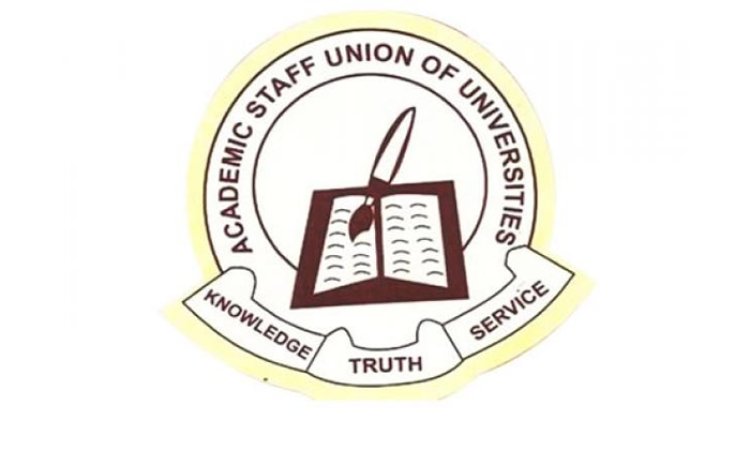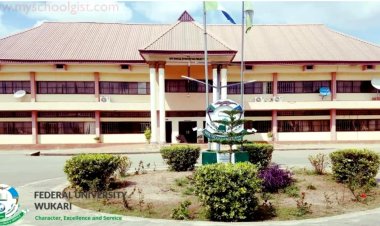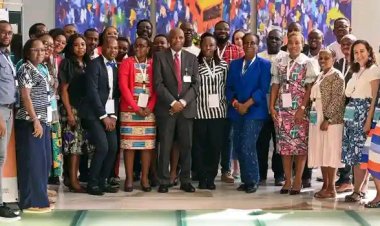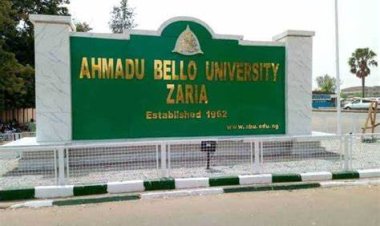ASUU Accuses World Bank and IMF of Undermining Nigeria's Public Education System
The Academic Staff Union of Universities (ASUU) has accused the World Bank and IMF of contributing to the decline of Nigeria's public education system.

The Academic Staff Union of Universities (ASUU) has raised serious concerns over the involvement of the World Bank and the International Monetary Fund (IMF) in weakening Nigeria’s public education system. ASUU President, Prof. Emmanuel Osodeke, made these allegations during the ASUU Heroes Day 2024-2025 ceremony in Abuja, voicing frustration over the federal government’s persistent delay in renegotiating the 2009 agreement with the union.
Despite years of advocacy and signed agreements, including Memoranda of Understanding (MoUs) and Memoranda of Action (MoAs), the government has not yet made any meaningful progress in addressing ASUU's demands. Prof. Osodeke, who has been at the forefront of the union's struggle, also criticized the mandatory implementation of the Integrated Personnel and Payroll Information System (IPPIS). He argued that the system was disrupting academic payroll structures, leading to administrative chaos and financial distress for lecturers.
The situation has been further aggravated by the withholding of salaries for ASUU members for over three months, which has left many lecturers in dire financial conditions and added fuel to the growing discontent within the union.
In a bid to support its members amid these challenges, ASUU announced the allocation of N500,000 Ph.D. grants to selected scholars. The grants, aimed at fostering academic growth despite the ongoing crisis, were given to scholars who successfully passed a rigorous proposal review process.
Prof. Osodeke also expressed solidarity with lecturers from Kogi State University, Lagos State University, Ebonyi State University, and Chukwuemeka Odumegwu Ojukwu University, who are reportedly facing difficult working conditions. He commended ASUU members nationwide for their unwavering resilience and commitment to advocating for the future of Nigeria’s public university system, despite the mounting pressure and setbacks.
The continued unrest and grievances within the academic sector highlight a deeper crisis in Nigeria’s education system, with ASUU leaders urging the government to prioritize renegotiations and address the critical challenges faced by lecturers and students alike.

 Chris Oyeoku Okafor
Chris Oyeoku Okafor 



